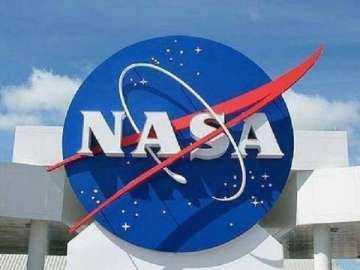NASA is likely to continue flying its astronauts on the Russian Soyuz vehicle even after US commercial crew vehicles arrive, media report said.
However, nothing has been signed officially yet, an agency spokesperson said.
"Bill Gerstenmaier and senior NASA leadership have stated their intention to have US crewmembers on Soyuz vehicles after 2019 and (to have) Russians on US crew vehicles," Stephanie Schierholz, who works in public affairs at NASA Headquarters in Washington, was quoted as saying to Space.com on Tuesday.
Gerstenmaier is the associate administrator for human exploration and operations for NASA.
The US space agency retired its space shuttle program in 2011 and has relied on Russian vehicles since then to go to the ISS.
The US space agency has an agreement with Russia to fly crews on Soyuz through at least 2019, and some of those crewmembers are already announced, the report said.
NASA has partnered with two commercial crew providers -- Boeing and SpaceX -- to bring vehicles for crews online.
While SpaceX announced its first uncrewed test flight of the Dragon human spacecraft in 2019, Boeing is expected to launch its own uncrewed flight in the following months. Once these vehicles are certified for flight, astronauts will ride them to the ISS.
In August, NASA revealed the names of nine US astronauts who will fly on the first certification flights for Boeing's Starliner and SpaceX's Dragon.
NASA said these post-certification flights will be fully operational and will be regular, long-duration rotation missions, just like the missions facilitated by Soyuz today, the report noted.
Schierholz added that having Russian and US vehicles flying simultaneously will provide "redundancy in crew transportation" to the ISS.

